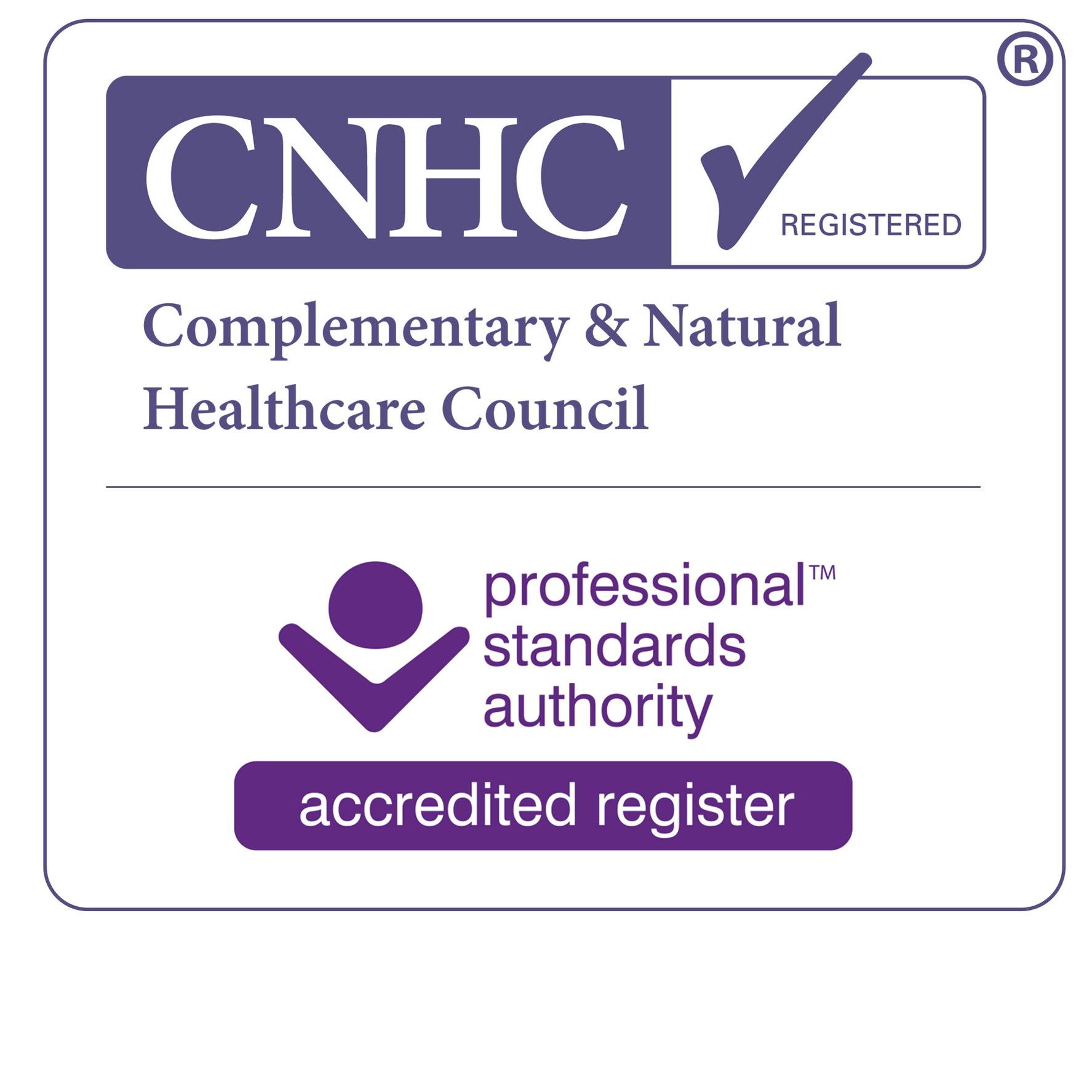How hypnotherapy can help
SOCIAL MEDIA POLICY
introduction
This Social Media Policy document aims to clarify my position as a therapist in regard to the use of social media and in doing so outlining the practices I adhere to for using social media responsibly.
This Policy document is informed by the UKCP Security and Confidentiality Guidelines.
Keeping Boundaries
The nature of an online presence has the potential to blur personal and professional boundaries. For this reason, as a therapist I must consider how I engage with social media, especially as I do not wish to effect or influence the therapeutic relationship with my clients.
For this reason, I must make a clear distinction between my online personal and professional presence, regarding emails, websites and social media accounts , i.e. Facebook. I keep separate email addresses for personal and professional use and that all possible steps are taken to ensure confidentiality of professional emails. Furthermore, I am the only person who has access to the computer used for all professional email communications and this computer is password protected to ensure confidentiality of all professional communications relating to the therapeutic services provided by myself and The MindWell Clinic.
In order to maintain the important distinction between my own personal and professional life and most of all to ensure the integrity of the therapeutic services I deliver to my clients I adhere to the following
Communication via Social Media and Preferable Ways to Communicate
Whilst Facebook Messenger, Whatsapp or texting are all acceptable ways for making contact to arrange or update about an appointment, I would ask that you do not share any personal or confidential information especially regarding therapy using these communication platforms or tools. I prefer texts or emails to schedule an appointment but again ask that you do not divulge in either emails or texts personal information that is of a confidential nature. As a last port of call, I can be contactable by phone but please note that due to the nature of my business my phone will be on divert for a good part of the day. My phone is usually turned on between 9am-7pm Monday- Friday. If you do get my voicemail, it would be preferable to text, whatsapp or email me as opposed to leaving a voicemail.
Friending and Following
I do not accept any friend or contact requests from current or former clients on any social networking or media platforms as to do so would possibly compromise the confidentiality of the services I provide to my past or current clients in particular their identities. It may also blur the professional boundaries that are essential for maintaining the therapeutic relationships with my current or past client. For the same reason I will not be able to follow any clients on any social media platforms and I ask if you do decide to follow or comment on any of my social media communication that you bear in mind that this may compromise your confidentiality.
Protecting Client Confidentiality-GDPR
Where confidential documents are sent electronically, they will be password protected to prevent them being opened or tampered with by a third party.
No Smartphones and tablets are synchronised with my main computer in order to further protect the access and confidentiality of all communications on behalf of The MindWell Clinic.
My computer which I use for professional communications has up- to- date antivirus and anti-phishing protection. Furthermore as I act at the Data Controller and Processor for The MindWell Clinic, I am registered with the ICO- the Information Commissions Office. Should you have any issues or concerns relating to your data or any communications in relation to The MindWell Clinic please contact me at ronan@themindwellclinic.co.uk
Business Site Reviews
The Professional Bodies to which I am associated with, namely the National Society of Talking Therapies, UKCP and the National College of Hypnosis and Psychotherapy consider testimonials as unethical so for this reason I will not ever request testimonials from any of my clients. This does not prevent clients leaving testimonial or business reviews on business review sites but please know that I will not have asked for these to be published or made public. It is also worth noting that giving the subjectivity of an individual clients experience in therapy, the views good or bad of a client, should not be seen as representative of any therapist’s ability or competency or a guarantee of what a prospective client can expect from a therapeutic session. This aside all feedback is welcome at all times and should this be something you wish to share with me, please contact me privately by text or email.
Location-based Services
If you use location-based services on your phone you should be aware that others may surmise that you are a therapy client if you are seen as “checking in” at my office address.
Testimonials
I abide by the code of ethics of the National College of Hypnosis and Psychotherapy(NCHP), Complimentary and Natural Healthcare Council (CNHC) as well as the UK Council for Psychotherapy (UKCP), all of whom consider the use of client testimonials as unethical. There are a number of reasons why this is so. As a therapist, I take client confidentiality very seriously however testimonials need to be verified by clients in order to comply with The Advertising Standards Authority (ASA). This would compromise client confidentiality so for this reason I do not publish any testimonials or will I ever request a testimonial from my clients.
Furthermore, testimonials are usually used to support a business in securing additional clients, with positive customer experiences helping to encourage prospective customers or clients into making a purchase or committing to a service. In the case of therapy, testimonials would be misleading, as no two clients will have the same experiences or outcomes, when engaging in therapy. As I provide client-centred therapy, specific to each and every client’s individual needs, both the journey through therapy and outcomes, will be unique to a particular client. For this reason testimonials are inappropriate and therefore unethical as they are not representative of the reality of therapy.


